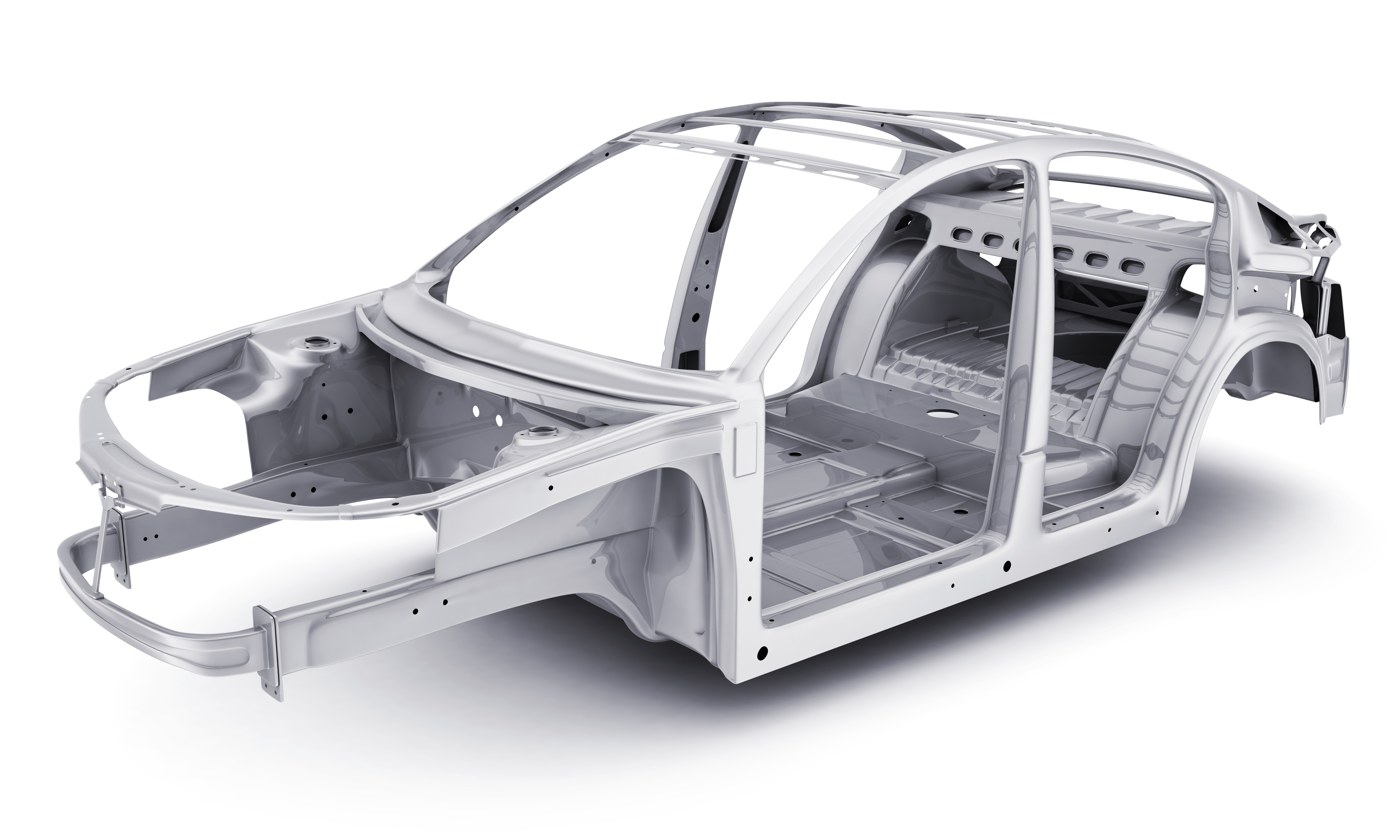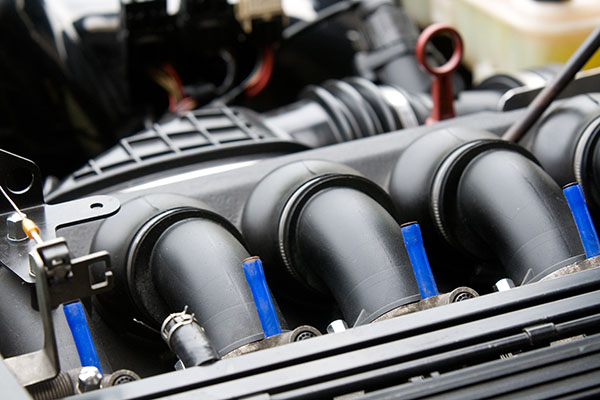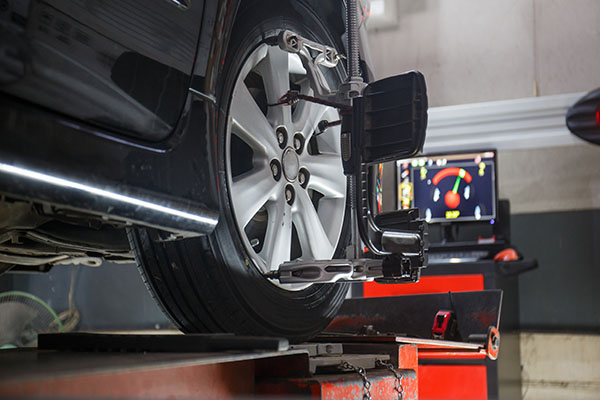Posted on 7/31/2023

Have you ever wondered how the sleek and powerful machines we call vehicles come to life? The process of vehicle manufacturing is a complex and fascinating journey that involves precision engineering, advanced technologies, and a highly skilled workforce. Let's take a closer look at the process but keep in mind that we have simplified it quite a lot, so it's much easier to understand and shorter to read! 1. Design and Development The journey begins with the design and development phase. Automotive designers and engineers collaborate to create concepts and prototypes, combining aesthetics, functionality, and cutting-edge technology. Using computer-aided design (CAD) software and virtual reality tools, they fine-tune every detail, from exterior contours to interior layouts. 2. Prototype Creation Once the design is finalized, the next step is creating prototypes. These are physical models of the vehicle that allow manufacturers to evalua ... read more
Posted on 6/30/2023

Let's Start With What Actually is a 90,000-Mile Service The 90,000-mile service is a comprehensive maintenance milestone designed to address specific components and systems that may require attention after prolonged use. It involves a thorough inspection, replacement of critical parts, and necessary adjustments to ensure optimal performance and reliability as you venture into the next phase of your vehicle's life. Key Segments of the 90,000 Mile Service Fluid Replacements: During the 90,000-mile service, vital fluids such as engine oil, transmission fluid, coolant, brake fluid, and power steering fluid a ... read more
Posted on 5/31/2023

As a car owner, it's inevitable to encounter occasional issues with your vehicle. Whether it's a mysterious noise, a strange smell, or a malfunctioning component, understanding common car problems and being able to diagnose them can save you time, money, and frustration. In this comprehensive guide, we'll explore some of the most common car problems and provide you with practical tips to help you diagnose the issues and determine the best course of action. Keep in mind that the best way to diagnose a problem in your vehicle is by going to a repair shop near you! Engine Misfires: When Your Car Stumbles One of the most common car problems is an engine misfire, which can cause your vehicle to jerk, lose power, or have rough idling. We'll delve into the possible causes of engine misfires, such as: Faulty spark plugs - a bad spar or none at all will not ignite the fuel in the engine Ignition coils - faulty ignition coils fail to transfer the sign ... read more
Posted on 4/29/2023

You've just invested in a brand-new set of tires for your vehicle, and you may be wondering if a wheel alignment is necessary. After all, your tires are fresh and perfectly balanced, so why bother with an alignment? Well, that's not really true and if you want to know why, continue reading! First, let's understand what this procedure is. A wheel alignment, also known as tire alignment, is the adjustment of the angles of the wheels to ensure they are parallel to each other and perpendicular to the ground. This adjustment is crucial for proper vehicle handling, tire wear, and overall safety. While it's true that your new tires are initially balanced and have even tread wear, they can still be negatively affected by misalignment. Factors like road conditions, potholes, and even minor collisions can knock your wheels out of balance. Therefore, it's crucial to get an alignment, even with new tires, to ensure optimal performance, longevity, and safety ... read more
Posted on 3/30/2023
.jpeg)
Corrosion buildup is a common experience that motorists share when they are using an older car battery. Corrosion on batteries is a prevalent problem that can cause a decrease in performance or even damage to the battery. However, there are simple steps you can take to clean corrosion off your car battery and keep it running smoothly. What Causes Corrosion on Car Batteries? Before we dive into how to clean corrosion off car batteries, it's important to understand what causes corrosion to build up on batteries in the first place. Corrosion is typically caused by a buildup of hydrogen gas from the battery's electrolyte reacting with the metal components of the battery. This gas buildup can cause sulfuric acid to form around the battery terminals, which leads to the white, powdery substance. Step-by-Step Guide to Cleaning Corrosion Off Car Batteries To eliminate the corrosion, you'll need a few tools and materials: Baking soda Water A small brush or toothbrush Safety ... read more